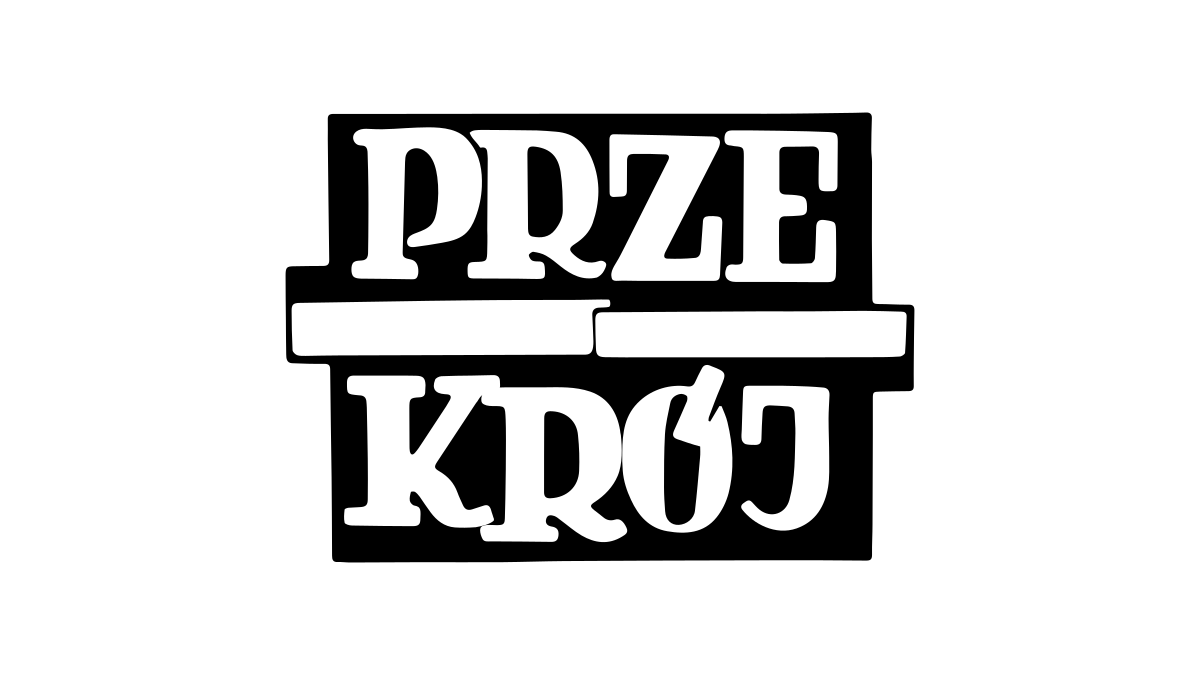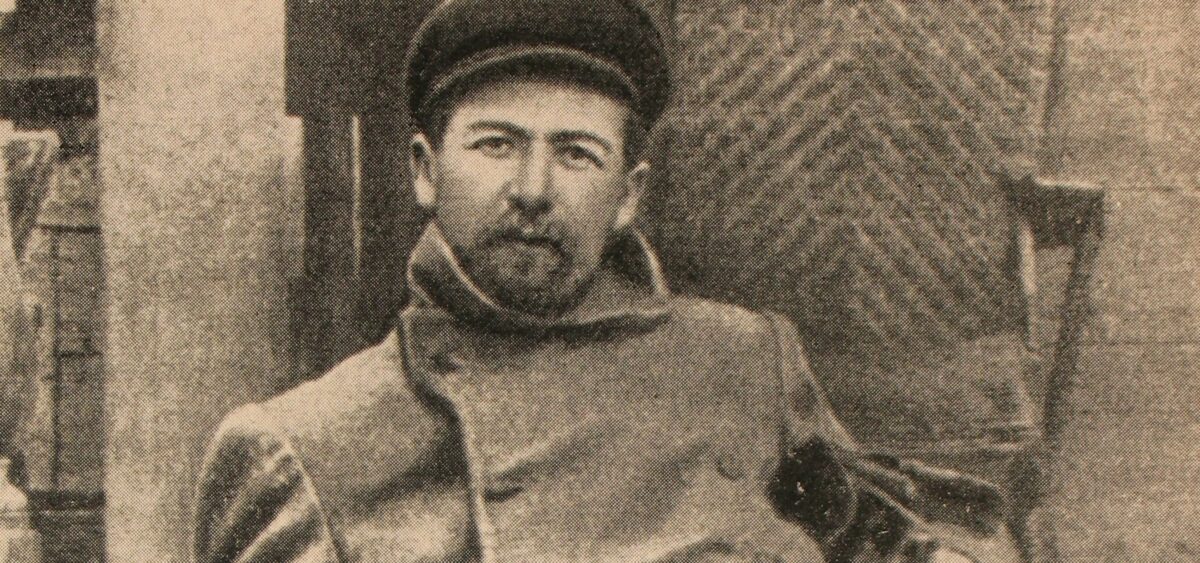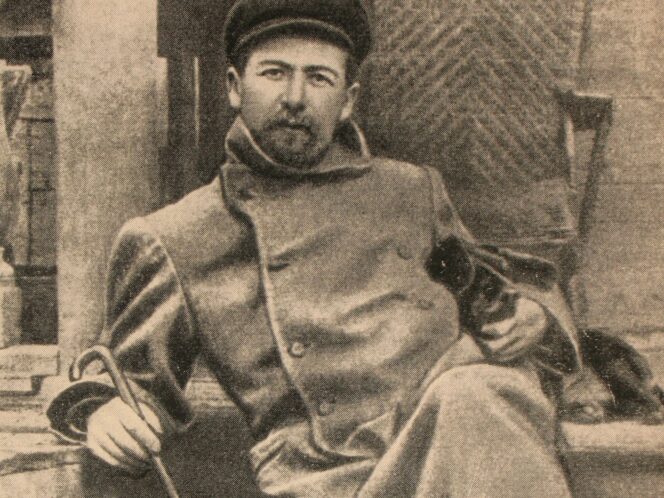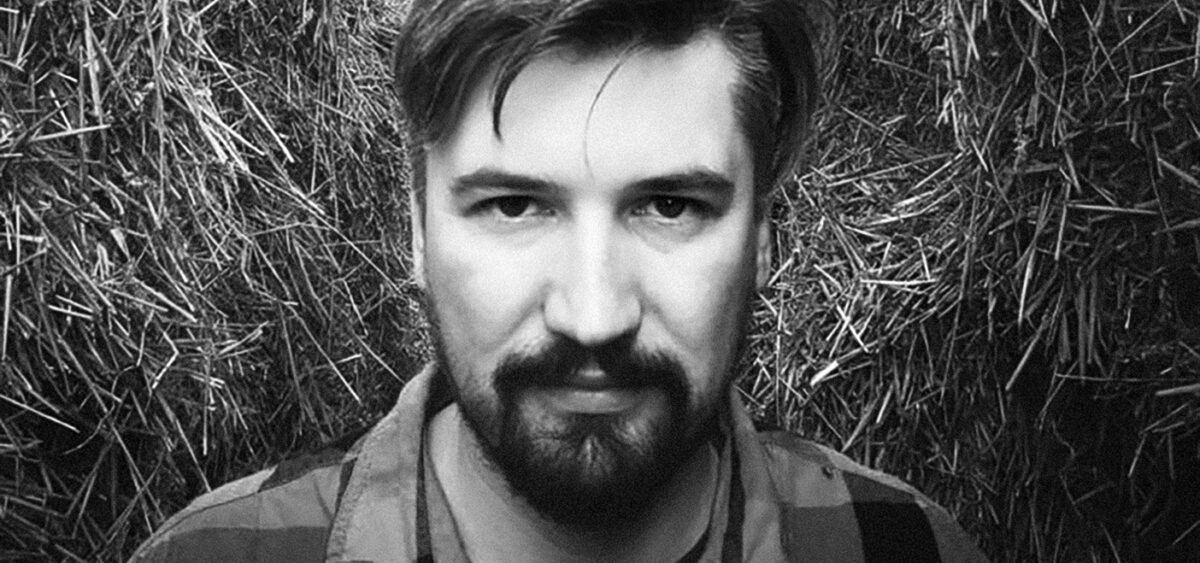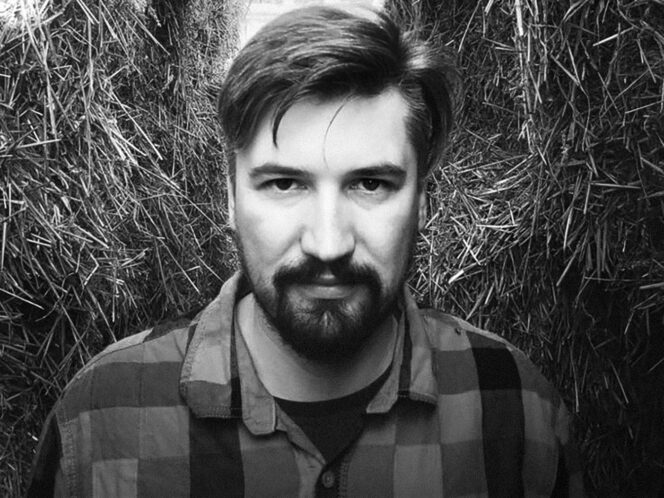
“Why are you keeping a dog and a rooster tethered?” Anton Chekhov asked one of his interlocutors during a three-month stay on the Russian island that was then unknown to the public. “Here, in Sakhalin, everything is on a chain,” the host replied.
Lower down stands a crumbling building, and not much further you can see the remains of another. In the background, there is a hill and the sea hitting against it. Everything is covered with snow. The color white dominates in these photos: in one of them the photographer managed to capture the snowstorm in the city, while in another you can see a woman struggling through snowdrifts reaching up to her knees. Here someone is fishing in a blowhole, over there a man is pushing wheelbarrows with coal. There is also an elderly man in a rural setting, walking across a road that resembles a gutter surrounded by several-dozen-centimeter-high snowdrifts on both sides. This is what Sakhalin looks like today. With an area similar in size to Czechia, the island is situated on the eastern borders of Russia. Further, there is only Kamchatka. Even further, beyond the Pacific Ocean, the US begins (from Yuzhno-Sakhalinsk, it is closer to Honolulu than to Moscow).
Photographer Oleg Klimov prepared this photo report on the 120th anniversary of the publication of the book Sakhalin Island by Anton Chekhov. In 1890, the then-thirty-year-old writer went
